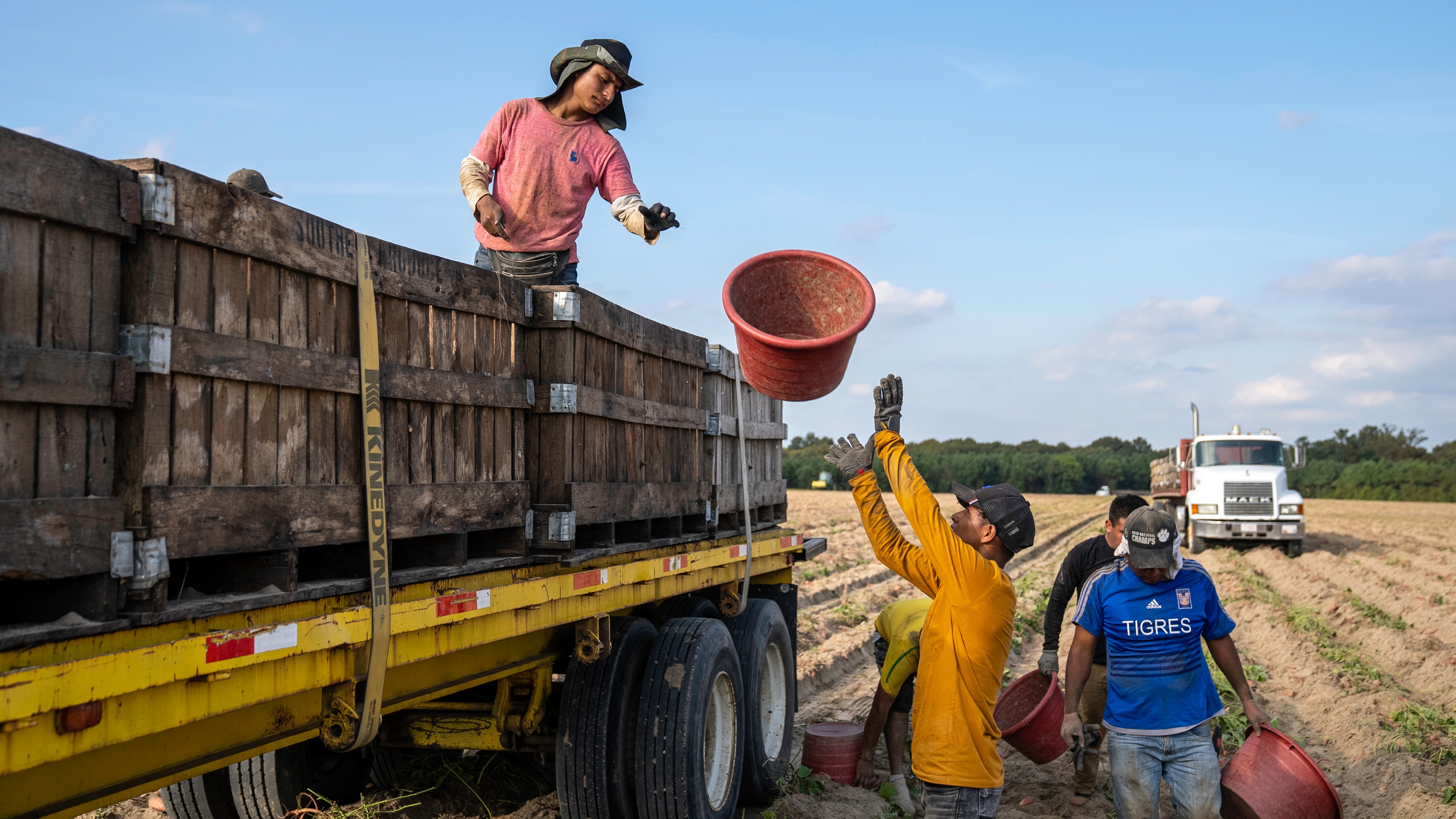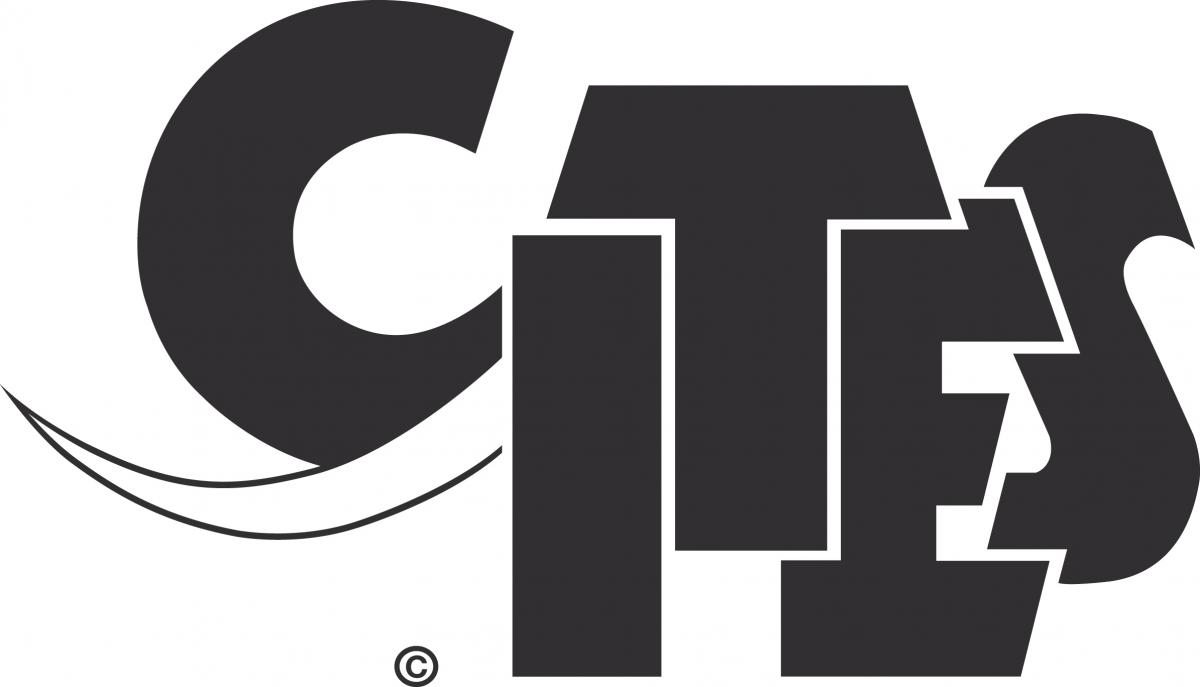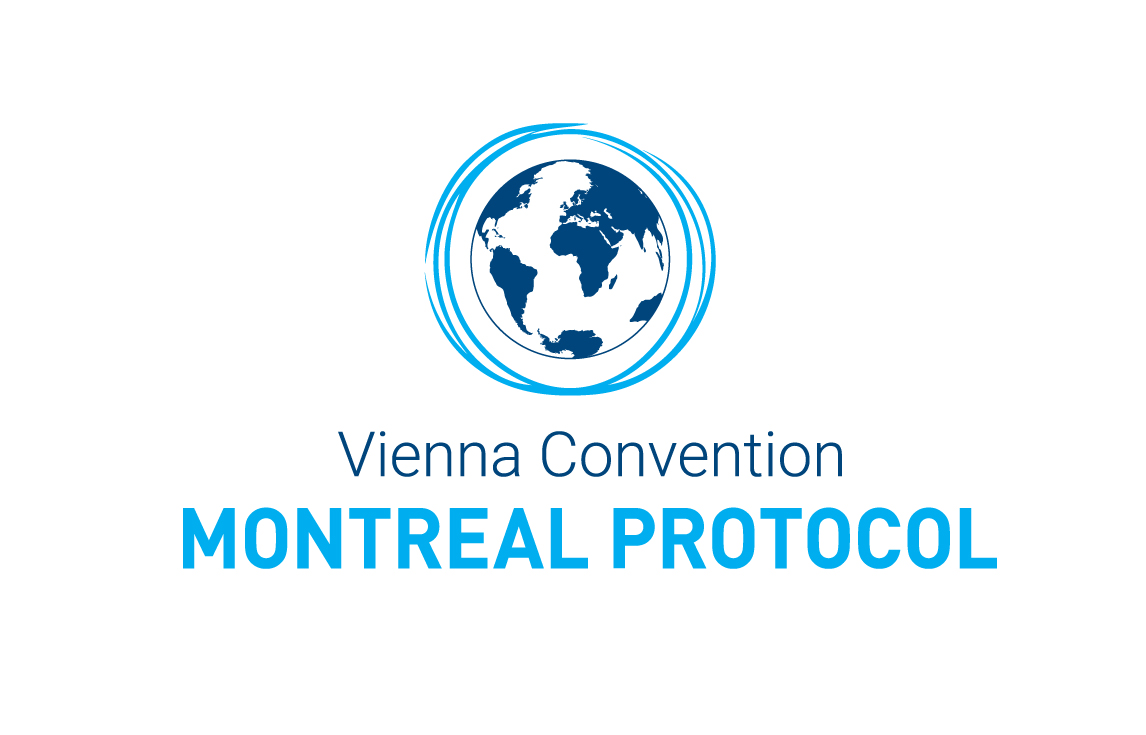One of the objectives of the GCI is to increase the capacities of customs officers and protection officers worldwide. Besides organizing workshops and developing the GCI guide, the GCI also works with Partners to develop e-learning modules on relevant conventions and MEAs. Below you will find the links to different e-learning courses through the CLIKC! website or through the websites of different GCI Partners. These sites provide detailed instructions on how to access the courses.
Please do not hesitate to contact the respective organization for more information.
WCO CLiKC! provides a wide range of online courses for customs and border control officers, as well as the general public, to expand their knowledge on environmentally-sensitive commodities covered by MEAs.
This includes an eight-hour course on the enforcement of the Montreal Protocol on the international trade of Ozone Depleting Substances, developed in collaboration with UNEP OzonAction, and a course on the Cartagena Protocol on Biosafety. In October 2021, WCO and CITES launched new training modules for customs officers covering substantial practical and regulatory aspects of the trade in endangered species of wild fauna and flora.
WCO Academy
The World Customs Organization’s e-learning portal for the private sector and academia
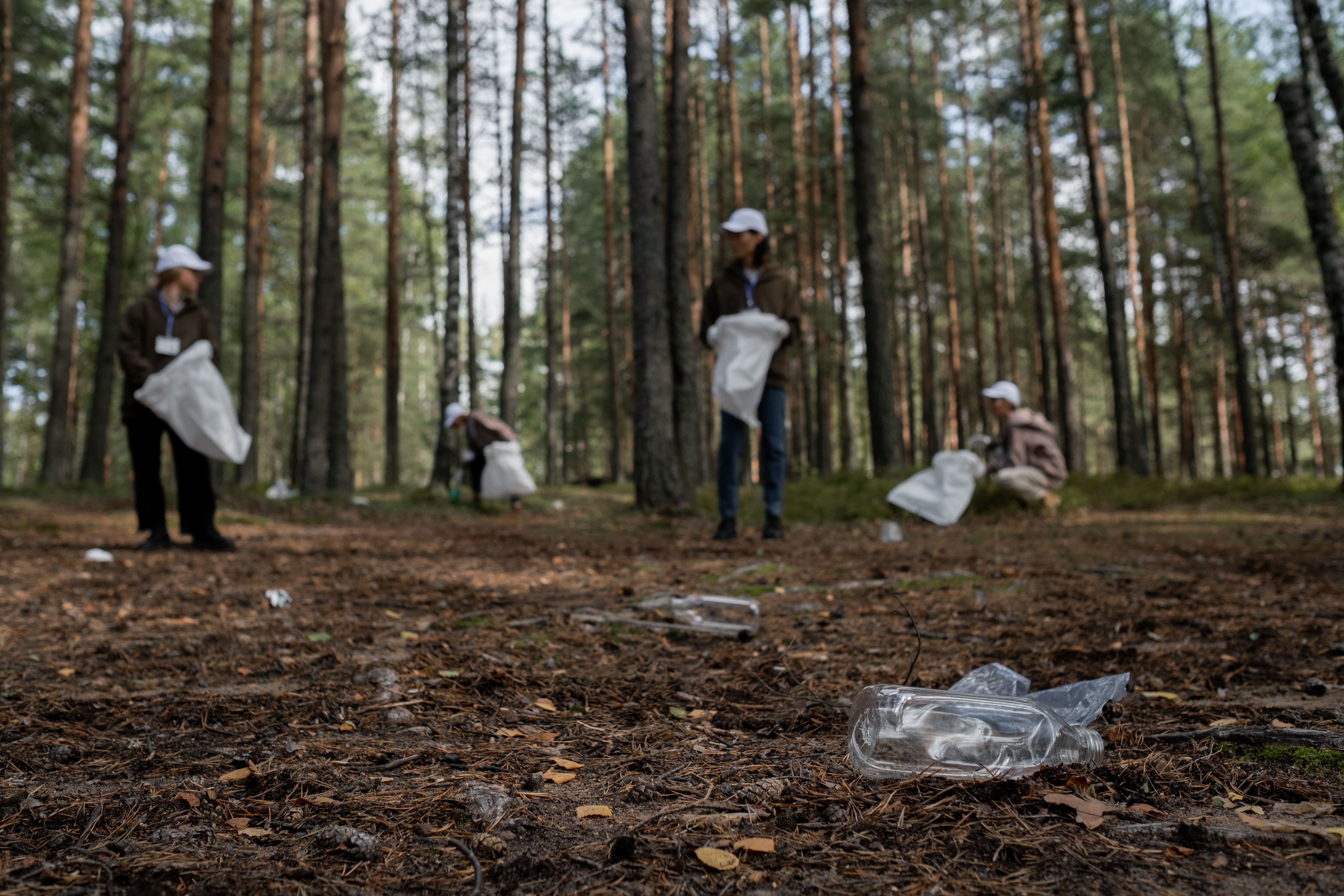
The Convention on International Trade in Endangered Species of Wild Fauna and Flora offers training courses for customs officers and the general public to better under the mechanisms and procedures set under the Convention.
The courses, "Introduction to CITES for Customs" and "Training course for enforcement officers and information module for prosecutors and the judiciary," introduce customs officers dealing with CITES protected specimens to the Convention's provisions and guidelines to improve enforcement of wildlife laws and regulations.

The course on the Cartagena Protocol on Biosafety for customs and border officials was developed jointly by the Convention on Biological Diversity (CBD) Secretariat, the United Nations Environment Programme (UNEP), and the World Customs Organization (WCO). Its five modules aim at providing customs and border officials with a broad understanding of the Protocol and the requirements for its enforcement, as well as to demonstrate the importance of a safe transfer, handling, and use of living modified organisms.
BRS Secretariat and INTERPOL: E-learning module for law enforcement officers

INTERPOL and the secretariat of the Basel, Rotterdam and Stockholm Conventions jointly launched an e-learning course on hazardous chemicals and wastes. The module, divided in seven chapters, takes law enforcement officers through all the required steps and procedures to assess, identify, classify and process imports and exports of hazardous chemicals and wastes under the BRS Conventions, whilst ensuring the protection of human health and the environment.
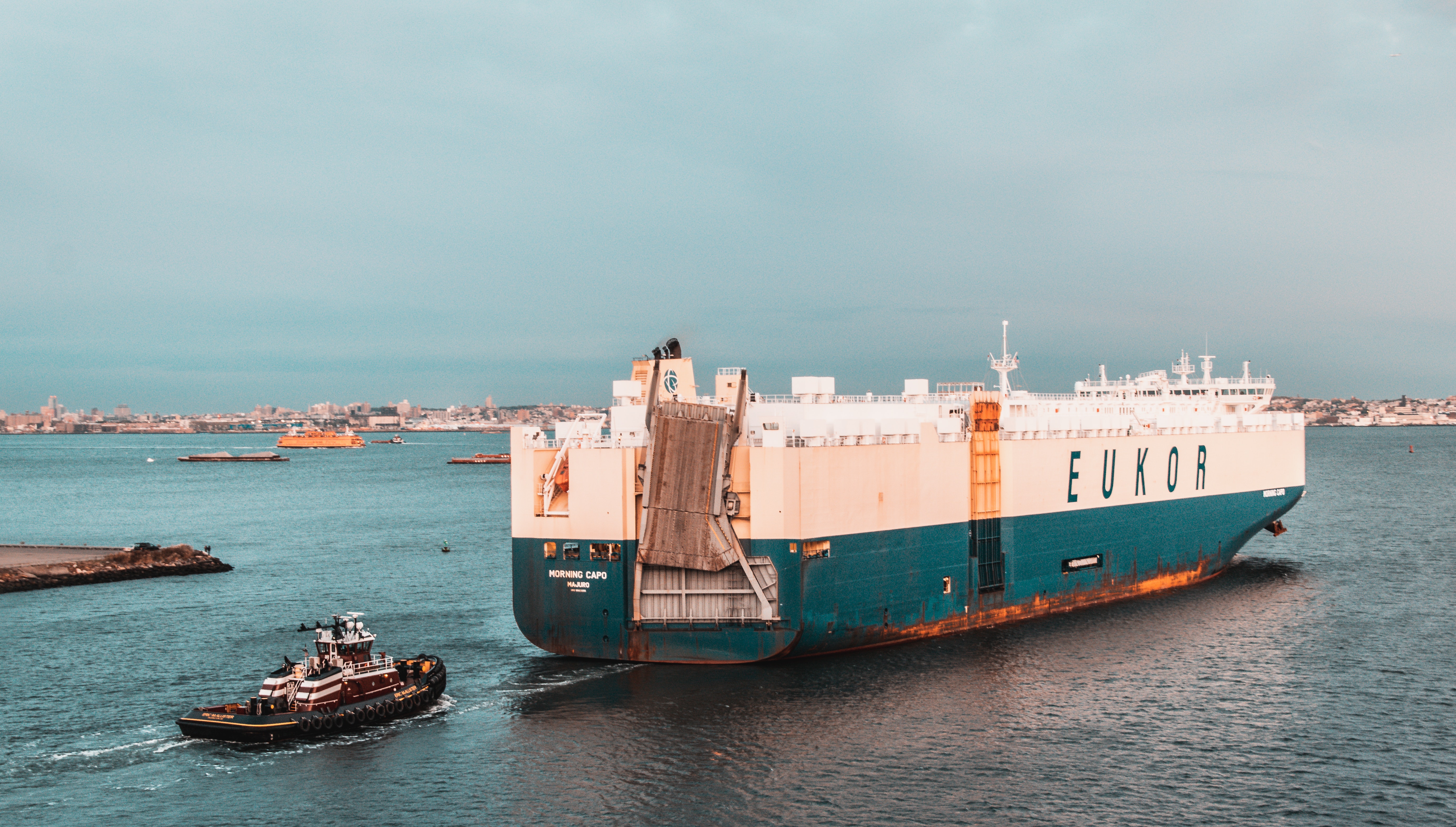
The Interactive Training on the Operation of the Rotterdam Convention (ITORC) provides technical training to Designated National Authorities and other stakeholders for the implementation of the Convention. Based on case studies, it contains a wide range of information and advice on all operational procedures and formal requirements to be met under the Rotterdam Convention.
